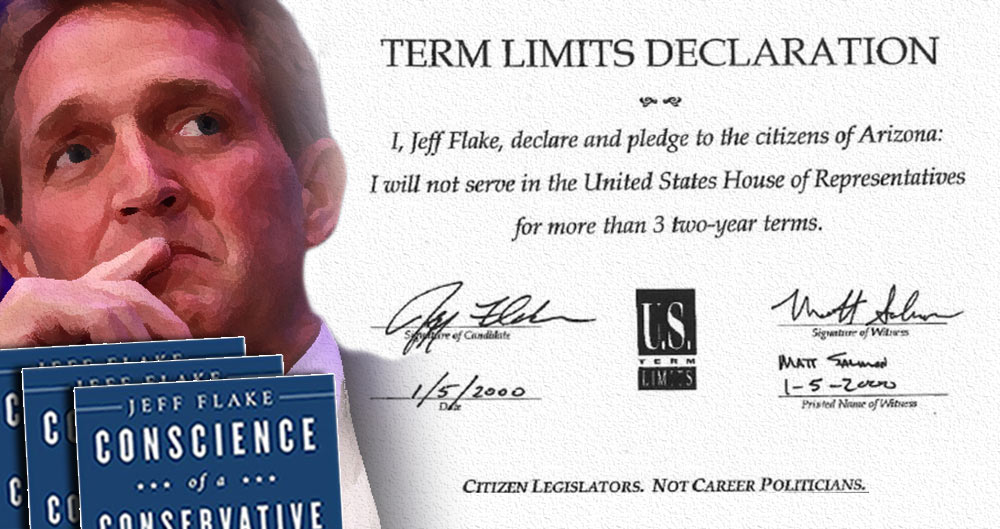Americans actually agree on a lot of things; it’s a pity that today’s media and political debates play up the discord.
Or so argues A. Barton Hinkle at The Richmond Times-Dispatch. Sure, he admits, “[a] lot of people seem willing to tear your head off over the smallest thing.” But “on some topics, the public is of one mind, or as close to that as you can get.”
Hinkle notes that “Nine out of 10 Americans think a background check should be required for every firearm purchase.” A few percentage points fewer wish to keep “Dreamers” in the country; a mere one point fewer disapprove of civil asset forfeiture. Medical marijuana is approved of by 83 percent of Americans.
Not on Hinkle’s list? American agreement on term limits. A year ago, a Rasmussen Poll found support for limiting congressional terms at 74 percent of likely voters, with only 13 percent opposed and 13 percent undecided. This overwhelming public support has been consistent for many decades.
But consistently ignored by Congress. Not so surprisingly.
Can Americans put their united oomph behind their overwhelming agreement? U.S. Term Limits thinks so.
The group isn’t depending on cajoling the Congress, either. They’re mobilizing concerned citizens to convince 34 state legislatures to call a Term Limits Convention.* The convention’s purpose is to propose a constitutional amendment for congressional term limits, which then still requires 38 states to ratify it.
Rather than brewing up a civil war over tweets and “microaggressions,” join the Term Limits Team.
Let’s agree to agree. And make our representatives agree, too.
This is Common Sense. I’m Paul Jacob.
* As Article V of the U.S. Constitution states, “The Congress … on the application of the legislatures of two thirds of the several states, shall call a convention for proposing amendments, which, in either case, shall be valid to all intents and purposes, as part of this Constitution, when ratified by the legislatures of three fourths of the several











